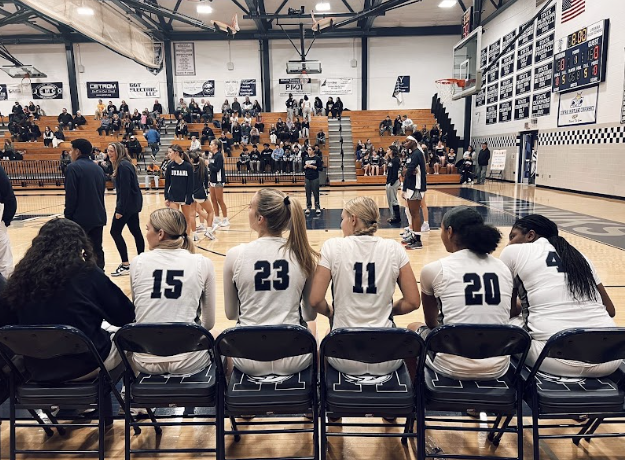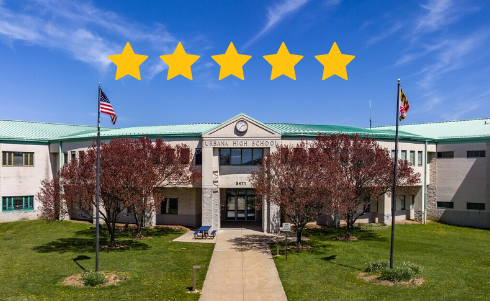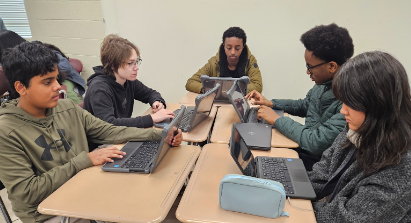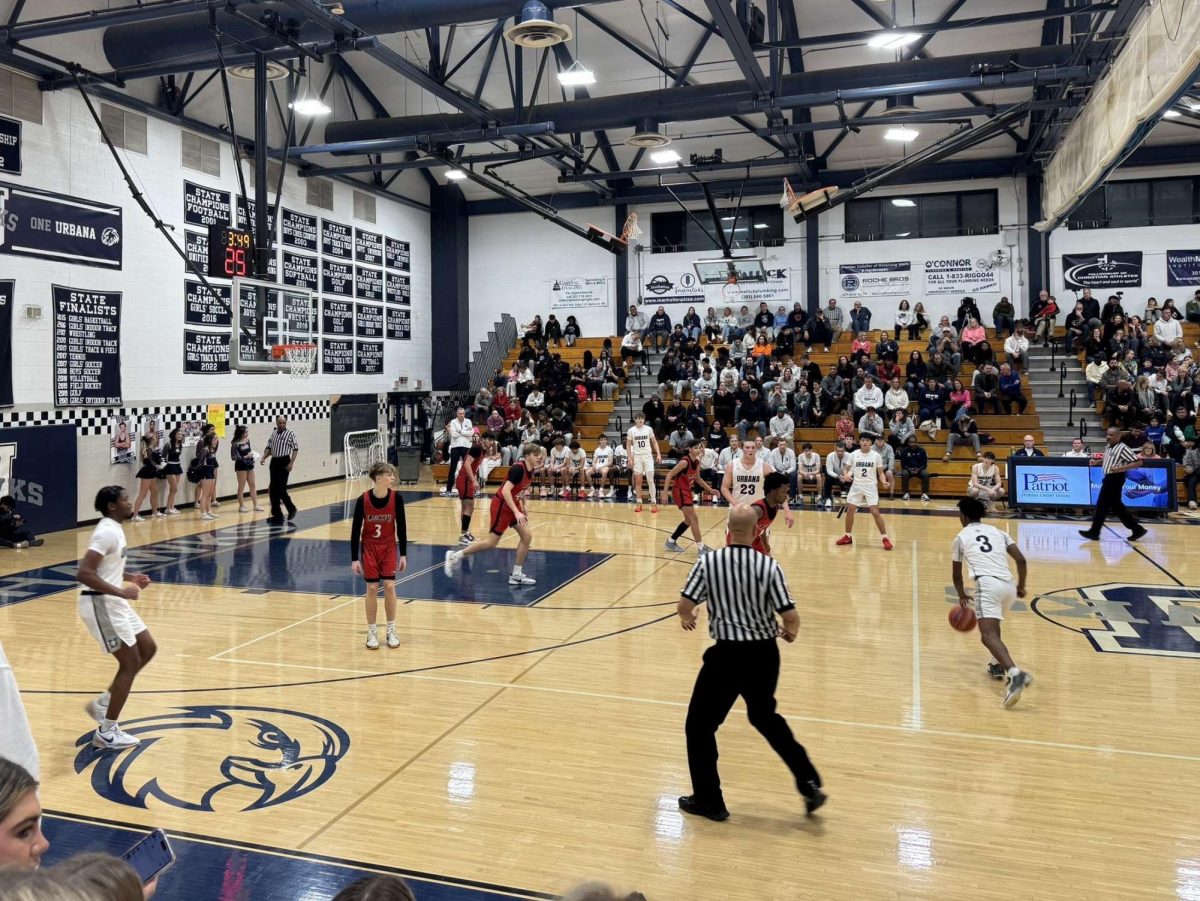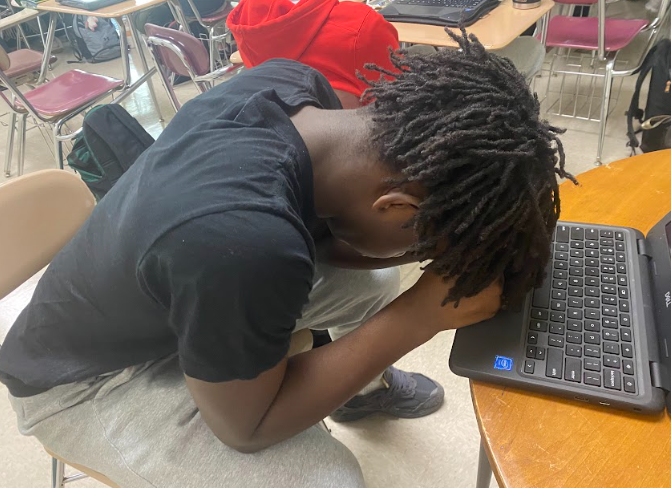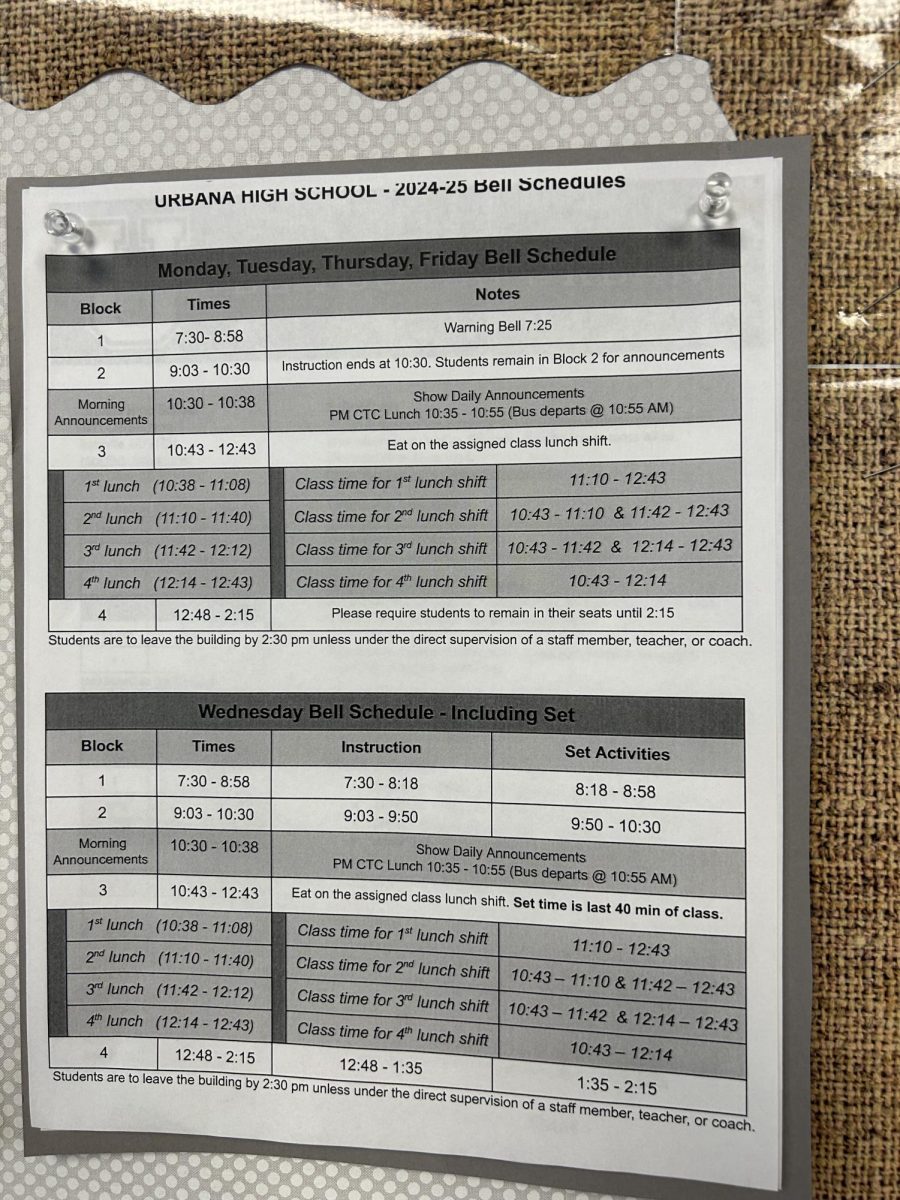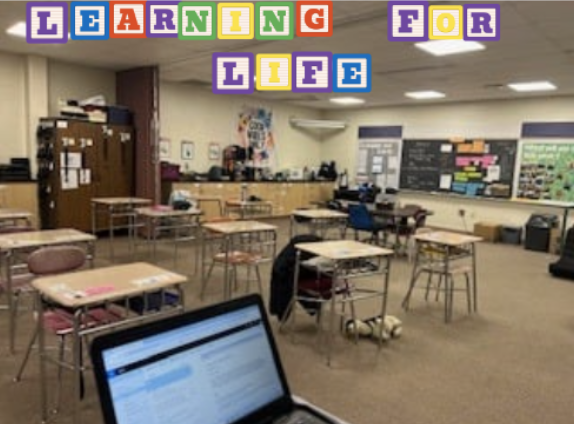There is almost nothing more nerve-racking for high school students than college admissions. Every year, hundreds of students take SAT, PSAT, and AP tests in an attempt to calm those nerves. However, this process is not only dehumanizing to students, but economically predatory by its perpetrator: College Board.
For decades, the College Board has run a monopoly on the process of higher education, cutting out competition and maintaining its dominance over competitors.
“It’s the only game,” professor and teacher Mrs. Terre Planz said regarding the monopoly, “there is no universal way around it either.”
The system is said to be designed to give students a chance to stand out. This pressure to not only standout in College admissions, but to receive financial based aid, initiates students to reluctantly indulge in the system.
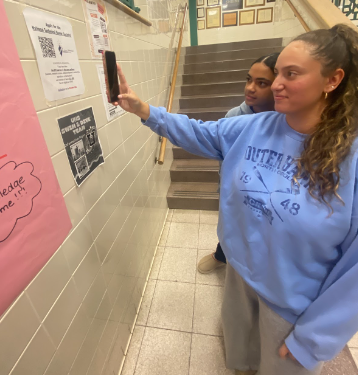
Planz described the College Board process as “your entrance into scholarships and acceptances.” Yet with an entrance so stressful and inflexible for many students, how can this be seen as fair?
The College Board’s most well known asset is their SAT exam. With a price tag of $68 per exam, College Board encourages and pushes students to take the exam more than once, recommending *at least* two attempts on their official website.
With many colleges across the United States requiring a standardized test score, the SAT has become a necessity for students across the country.
“It’s predatory,” Hannah Cresta (Class of 2025) said regarding the pressure to over-perform on SATs.
The SAT has always been notoriously wrapped in controversy. From its disturbing origins and gaps in class or racial scores, it showcases the equitable issue of the system.
“There should be more flexibility in standardized testing,” Cresta said, adding “students lack a seriously accessible alternative.”
Yet as “test optional” has temporarily reigned supreme for universities across the country following the pandemic, College Board has begun focusing on its next largest asset: AP exams.
The AP program is currently the College Board’s most profitable product, garnering over half a billion dollars in revenue each year. With a whopping price of $98 per exam expected to be spent for a student to possibly receive college credit, it’s easy to see why.
“AP exams are hard, and your entire course credit depending on a 3 hour exam is ridiculous,” Cresta said. She described her need to take AP classes as “mentally draining, and yet seemingly necessary for my future.”
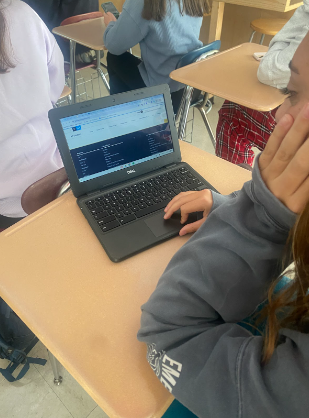
Cresta isn’t the only student to have fallen victim to the College Board’s financial trap. Molly Warner, (Class of 2025) who has taken a plethora of AP courses, claims, “I’m required to take them if I want to be considered for some of my top colleges.”
So where are the alternatives? If they exist, how can the College Board possibly have a monopoly on education?
The only universally accepted alternative to the SAT is the ACT exam. The ACT is a smaller organization, who started later in the game.
The SAT dominates the ACT for several reasons, beginning with their contracts rapidly spread throughout U.S. school districts. These contracts favor and often automatically provide SAT exams for students, leaving alternatives meticulously hard to navigate.
As a final kicker to the competition, the College Board specifically attempts to note the “for-profit” status of the ACT Inc. company when referencing the competitor, as if to chastise them.
When referring to the AP system, the only real alternative is the IB program. The IB program is only offered in a fraction of high schools across the country, being notably expensive for school districts to adopt.
Another alternative for college level courses are dual enrollment programs. Unfortunately, the issue with these is that they require colleges lengthy processes, negotiations, and contracts to allow high school students to dually enroll.
With such long and extensive ways to achieve any feasible alternatives to the College Board system, their monopoly remains unchallenged. What effects does this have on students?
Without competition, the College Board has been allowed a monopoly on prices. In fact, the College Board generates over a billion dollars in revenue every single year!
As previously mentioned, AP exams cost $98 per course, SAT exams cost another $68 every time you take it. This does not include the $15 fee per school you choose to send your scores to.
Many students across the country don’t have the means to pay for these programs, placing them at an automatic disadvantage.
When asked about this economic disparity, Planz commented “We at FCPS are very lucky they pay for at least 1 SAT or AP exams,” continuing, “many are not so lucky, and it’s truly an equity issue.”
Despite being fortunate here at FCPS, many students see the issue as a national crisis in education.
“It’s unfair and adds onto economic disparities many already face,” Warner said.
College Board famously loves to hone in on their “non-profit” status, but how accurate really is this label?
Their CEO’s annual salary is placed at about $1.8 million a year, their president’s at around $1.7 million, and other senior executives ranging from $400,000-$1 million+.
College Board is also noted to have invested almost *200 MILLION* USD in Caribbean tax havens!
When asked about these investments, Planz laughed, stating “of course they do, and of course they hide behind that non profit status.”
With such a bleak image for students, what can be done? Sadly the answer isn’t quite so clear.
The best possible alternative route for students who wish not to participate in the system is likely dual enrollment credits and alternative test options.
Students at Urbana are fortunate enough to be shielded from many of the preferential or discriminatory measures stemming from this monopoly, but many are not so lucky.
Without more voices or students speaking up about the unfair monopoly placed over their future, there isn’t likely going to be much done.
With millions of voices for change, it can be. College Board’s monopoly may be in direct violation of federal antitrust laws.
If students begin to start speaking up about unfair monopolies on their futures, we can make a difference.




